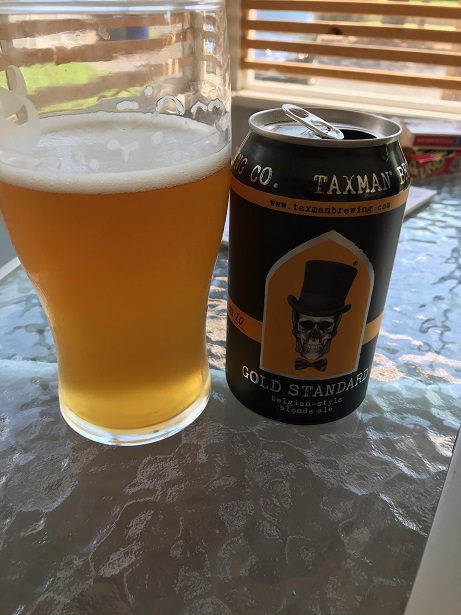I have recently started playing with the idea of making my own Belgian, possibly dubbel (a qadruppel by North End Brewery recently completely blew my mind), and one thing I have heard a lot about is candi syrup / sugar. Still trying to get some objective information on whether its essential / can be substituted by insanely complex grain bill / is not neccesary at all.
Candi sugar is not "essential" per se, but adjuncts are a huge part of Belgian styles from coriander and orange peel in witbier and especially adjunct fermentables in almost every Belgian style including Blonde, Dubbel, Tripel, Quad, Strong golden, … . When it comes to beers, the Belgians are essentially the anti-Germans.
I have swapped out candi syrup for avocado honey in my dubbel recipe and gotten awesome results and a lot of quad recipes (including my own) actually use date syrup.
When substituting, a couple of things to remember:
Candi sugar is supposed to be beet sugar which is slightly different from cane sugar. I've taken to using Northern Brewer's priming sugar calculator as a very clumsy way of figuring out the equivalents when switching adjuncts.
If you are expecting to get any of the flavor profile of the adjunct in the beer (for instance the aforementioned avocado honey has a lot of non sugar, spicy flavonoids which is why I chose it), you will want to add them late, not more than 10 minutes from the end of boil. In re maple syrup: the sugars that give maple its distinct flavor will be consumed by yeast so do not expect to get a maple quad by adding maple syrup.
One other thing about higher ABV Belgian styles: They tend to keep really well and they benefit from short term cellaring. Add that to the fact that they tend to weigh in at 9%+ ABV (my quad frequently hits 13%) so not something you want to keg and keep on tap. I usually brew two batches each of quad, dubbel, tripel, and golden ale per year. Saison I brew every 3 weeks, Witbier every 6 weeks, blonde, every 6 weeks.
They are also expected to be more carbonated than most American beers (3.0-3.3 vols is pretty standard) so it's not a bad idea to use champagne bottles if you can get your hands on them. My personal favorite supplier of champagne style bottles is Brasserie Dupont. Whenever I am running low on empty bottles, I buy a six pack of 750ml bottles of Saison Dupont and my wife freaks out. Apparently it is possible to buy empty bottles without beer in them for refilling and empty bottle cost less than bottles of beer … who knew?
I highly recommend you start by following a recipe and see if you can detect the candi sugar. My guess is you won't.




